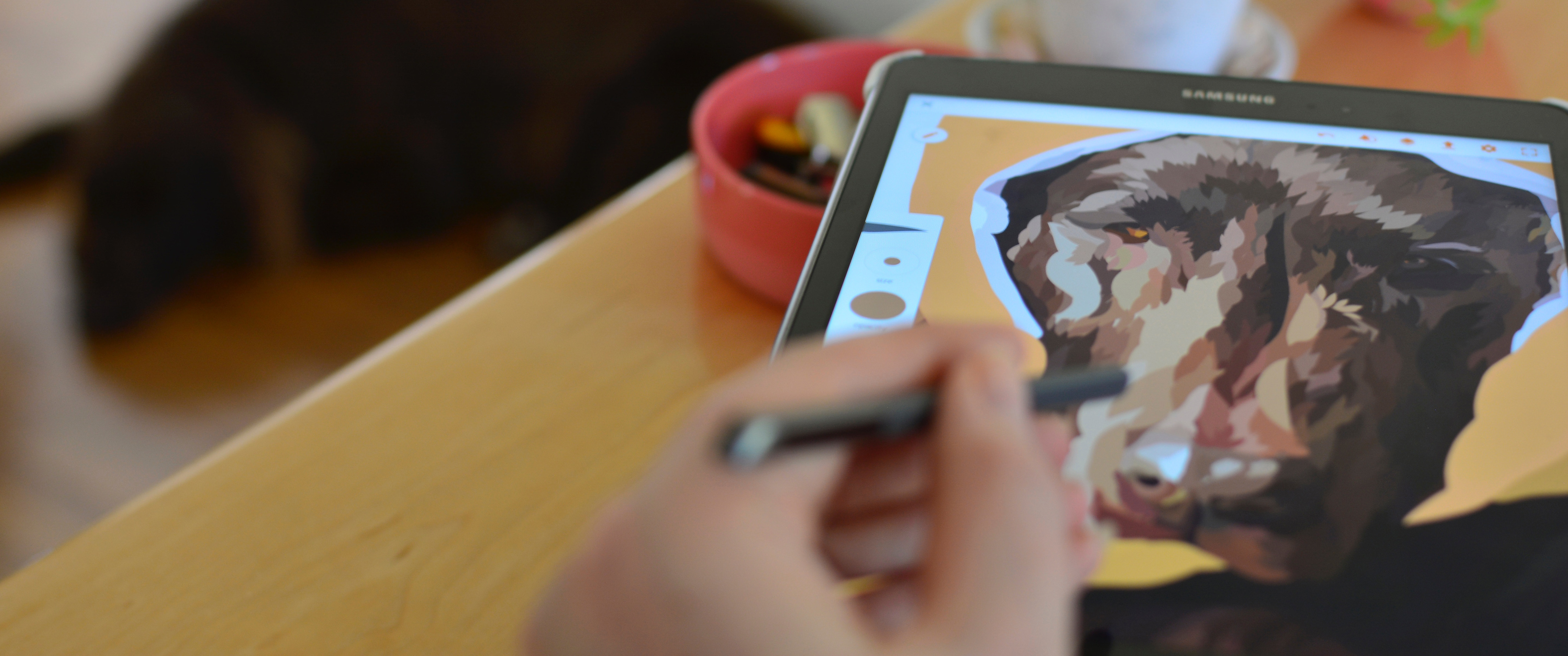
The growing demand for content creators
June 28, 2019
Putting digital art into Alberta’s collective conscious
September 29, 2019The Canada Council for the Arts is now accepting applications for the next round of its Digital Strategy Fund. Launched in 2017, the $88.5M fund is intended to support Canadian artists and arts organizations to better understand and use digital approaches, to widen the impact of their work.
The fund represents an opportunity not only for artists to improve their engagement with audiences, but for digital agencies to build new collaborations and products within the arts community.
“It is undeniable that the world we live in – and our future – is a digital one. For artistic creation and organizations to remain relevant, they must be able to face the challenges and seize the opportunities of the digital age.” – Simon Brault, Director and CEO of the Canada Council for the Arts, March 2017 launch of the Digital Strategy Fund.
The fund is not intended for the creation of new artistic work. Rather, it is “focused on broadly boosting the digital capacity of as many arts groups as possible, and making arts more ‘digitally accessible’,” said Alea Cardarelli, a program officer at the Canada Council for the Arts.
Building digital literacy in the arts
There are three key components to the Digital Strategy Fund. The first focuses on increasing digital literacy among artists and arts organizations. To achieve this, the Fund finances activities such as group training, workshops, hackathons and conferences.

Photo from the 2017 Writer’s Guild of Alberta conference
For example, in 2018 the Writers’ Guild of Alberta utilized the Digital Strategy Fund to hold a series of workshops on three of the biggest issues for writers in the digital age: copyright, social media, and internet access for rural regions. The feedback they received from those workshops has fed into a new digital strategy for the organization, which now offers more training and information sessions to writers specifically around these topics.
Increasing public engagement of works
The Fund also supplies grants to projects that improve “the public’s access, engagement and participation in the arts through digital means”. This can include the development of apps or interactive websites that allow viewers to access artwork in new ways (for example, by doing a 3D scan of a building sculpture that can be viewed at different angles).
It also includes projects that make artwork more accessible to a wider audience — including people with various cognitive, visual, or physical disabilities. Toronto’s Creative Users Projects, an organization that “explores the intersection of art and design, accessibility, and disability,” offers a list of resources for making arts and facilities more accessible.
Improving digital best-practices
Finally, the Digital Strategy Fund supports new back-end organizational models and systems that “address challenges, seize opportunities and adapt to a networked and connected environment.” This can include important (but often overlooked) tasks such as improved data governance and privacy policies, or even new methods of cataloguing artwork.
The Centre for Art Tapes and the Film and Video Arts Society of Alberta (FAVA), for example, received funding in 2018 to develop a public-facing module of FAVA’s Association Management Software, called FilmReel. FilmReel is a cloud-based software specifically developed for arts organizations to manage their digital files and objects, as well as offer public initiatives such as classes, events, and equipment rentals.
Next steps for Alberta artists / digital experts
The deadline for applications for the next round of the Digital Strategy Fund is September 18.
The Digital Alberta board will be following these applications with great interest. We see this as an excellent opportunity for Alberta artists and digital experts to jointly develop exciting new services and technologies that can capture the imagination of Canadians.
If you are interested in learning more about the digital capabilities or expertise that can be found in Alberta, we invite you to contact us at info@digitalalberta.com.




